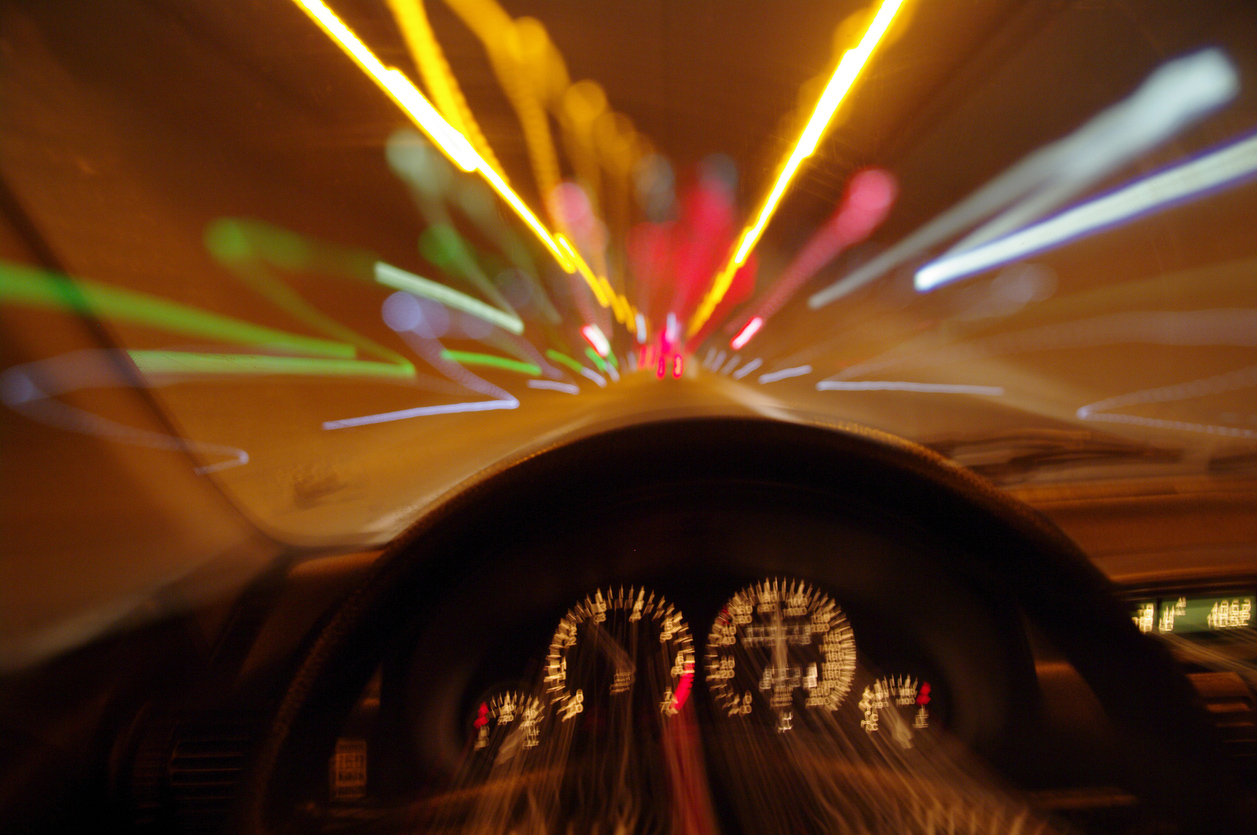Smartphone surveillance: Are you drunk?


In a recent paper, Using Phone Sensors and an Artificial Neural Network to Detect Gait Changes During Drinking Episodes in the Natural Environment, a cross-disciplinary group of researchers at the University of Pittsburgh, found that smartphones and AI can give surprisingly accurate estimations of your blood alcohol concentration (BAC) - with very little data.
Party animals
The researchers needed young adults who drink too much to train the AI. Being on a college campus, they didn't have to look very far. The local emergency department (I'm guessing college infirmary) proved to be a happy hunting ground.
A convenience sample of young adults (aged 21-26 years) who presented to an urban Emergency Department (ED) . . . were recruited. A total of 28 medically stable ED patients who were not seeking treatment for substance use, not intoxicated, and who were going to be discharged to home, were approached by research staff. Among those eligible to be approached, 23 patients provided consent to complete an alcohol use severity screen.
Surprisingly - to me - only 10 of severity screeners met the study enrollment requirements. All participants were provided "with resources for alcohol treatment." I'm a proponent of regular internal alcohol treatment, so +1 there.
There's an app for that
Being science, of course, you can't test gait on people who can't walk. So there was a gait test. Using an app called DrinkTRAC.
The DrinkTRAC app was developed using Apples [sic] ResearchKit platform, as it allows for convenient and professional-appearing modular builds that incorporate timed psychomotor tasks.
Droll, very droll
Reading between the lines, it seems the researchers got most of the study enrollees from Pitt's (unofficial) 8 year BA program, being aged 21 to 26, and adjusted the criteria accordingly:
We altered the gait task to take less than 45 seconds to optimize completion and reduce potential for disruptions that could interfere with task performance.
Asking drinkers to walk more than 45 seconds? Ambulatory cruelty!
Human experimentation is an ethical minefield. The researchers were careful:
We advised participants not to continue if they felt that they could not safely walk 5 steps in a straight line unassisted.
Seriously
The app collected 3-axis acceleration and angular velocity every 10 milliseconds (ms) for 30 seconds to determine the properties of the subject's gait.
We also measured the attitude of the device, which is the computed device orientation using the accelerometer, magnetometer, and gyroscope. These values yield the Euler angles of the device.
That data fed a Bayesian Regularized Neural Network (BRNN) to give an estimated Blood Alcohol Concentration (eBAC). They found that the system, using 128 data points, gave a false positive less than 20 percent of the time.
The Storage Bits take
Not surprising that the very sensitive sensors on our phones could document changes in gait, or that gait is directly affected by BAC. What is surprising is their accuracy with only 128 data points.
These were 2017's biggest hacks, leaks, and data breaches
If a 100 million people reported their gait, and those known to be at bars were analyzed, we could create an incredibly detailed analysis of gait and (estimated) drinking, with billions of data points. Data points feed AI.
Your phone knows your BAC, that you're in a car, so then what? If the tech stars align, your nanny-phone will simply tell your car, not you, to drive. Not bad.
But it could also call the police to have you arrested. Can our devices take the 5th Amendment against self-incrimination?
The combination of billions of devices and the ability to collect, analyze, decide, and store - all with little human assistance - means that it will be possible to know intimate details of your life, details you may not be conscious of, such as your blood alcohol concentration. We could virtually eliminate drunk driving - but at what cost?
Courteous comments welcome, of course.
Related:
- As Congress mulls surveillance reforms, here are the good, bad, and ugly options
- Backdoors, encryption and internet surveillance: Which way now?
- US spy chief reverses course, will not say how many Americans caught in NSA surveillance
- UN privacy watchdog says 'little or no evidence' that mass surveillance works